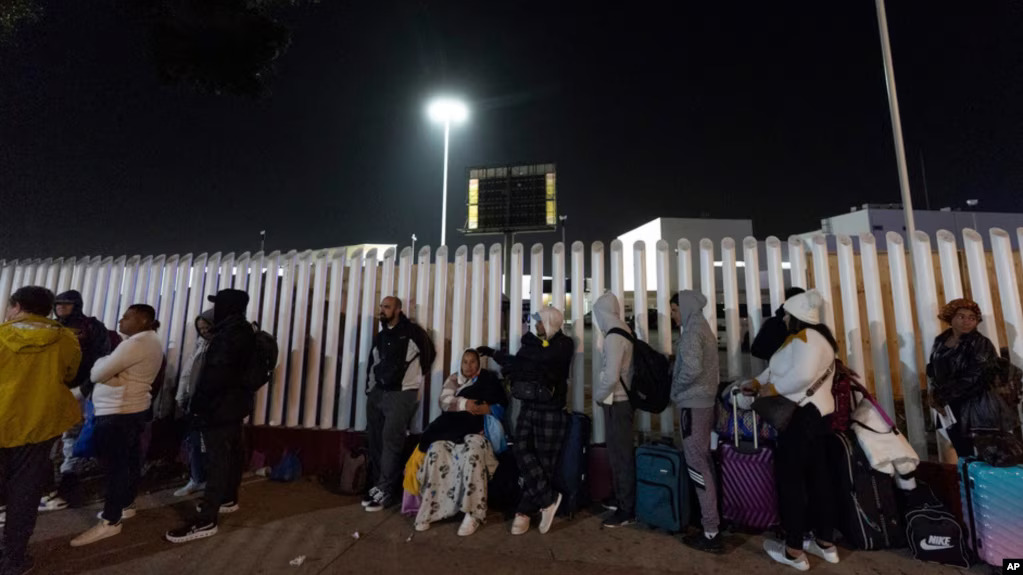The Trump administration has officially paused applications for immigrant parole programs established under President Joe Biden, citing widespread fraud and national security concerns. The decision marks a significant shift in U.S. immigration policy and is expected to impact hundreds of thousands of migrants who sought protection under these programs.
According to officials, the freeze will allow the administration to reassess the vetting process, ensuring that only eligible individuals benefit from parole. The affected programs, which provided temporary legal status to migrants from Latin America and Ukraine, were originally designed to offer protection to those fleeing conflict or seeking a better life. However, the administration claims that the approval process under the Biden administration lacked rigorous oversight, leading to fraudulent applications and potential security risks.
Why Were the Programs Suspended?
The parole programs allowed migrants who did not qualify for traditional visa categories to stay in the U.S. temporarily for humanitarian reasons or because they provided a “significant public benefit.” While parole does not grant permanent legal status, it offers work authorization and protection from deportation during the approved period.
However, a report by the Federation for American Immigration Reform (FAIR) revealed alarming irregularities in the application process. The investigation found that many parole applications contained false Social Security numbers, incorrect personal details, and fabricated sponsor information. Some sponsors reportedly used storage units and other non-residential locations as addresses on thousands of applications, raising questions about the program’s integrity.
Critics argue that the Biden administration approved parole at an unprecedented rate—105 times more frequently than previous Trump and Obama administrations. The high approval numbers, they claim, opened the door for fraudulent entries, undermining the legal immigration system and national security.
Who Will Be Affected by the Freeze?
The freeze directly impacts two major parole programs:
- United for Ukraine: This initiative allowed approximately 240,000 Ukrainians fleeing the Russian invasion to enter the U.S. under humanitarian parole.
- CNHV Program: This program admitted around 530,000 migrants from Cuba, Haiti, Nicaragua, and Venezuela. To qualify, applicants needed a U.S.-based sponsor who could provide financial and social support.
While the programs aimed to provide safe and legal alternatives to irregular migration, the Trump administration’s decision raises uncertainty for thousands of individuals who had applied or were planning to apply. Many migrants now face an unclear future, as their parole status or pending applications could be affected by the new policy direction.
The policy shift has sparked a political debate, with critics arguing that the freeze could disrupt the lives of asylum seekers and humanitarian parolees. Advocacy groups have condemned the decision, stating that it will leave vulnerable migrants in limbo, particularly those fleeing war and political instability.
Supporters of the freeze, on the other hand, argue that the Biden administration’s lenient parole policies encouraged abuse of the system. They insist that a more thorough vetting process is necessary to prevent fraud and protect national security.
The suspension of these parole programs reflects a broader effort by the Trump administration to tighten immigration policies and curb what it sees as unchecked migration. While the duration of the freeze remains unclear, the move signals a significant policy shift that could reshape U.S. immigration enforcement in the coming months.

